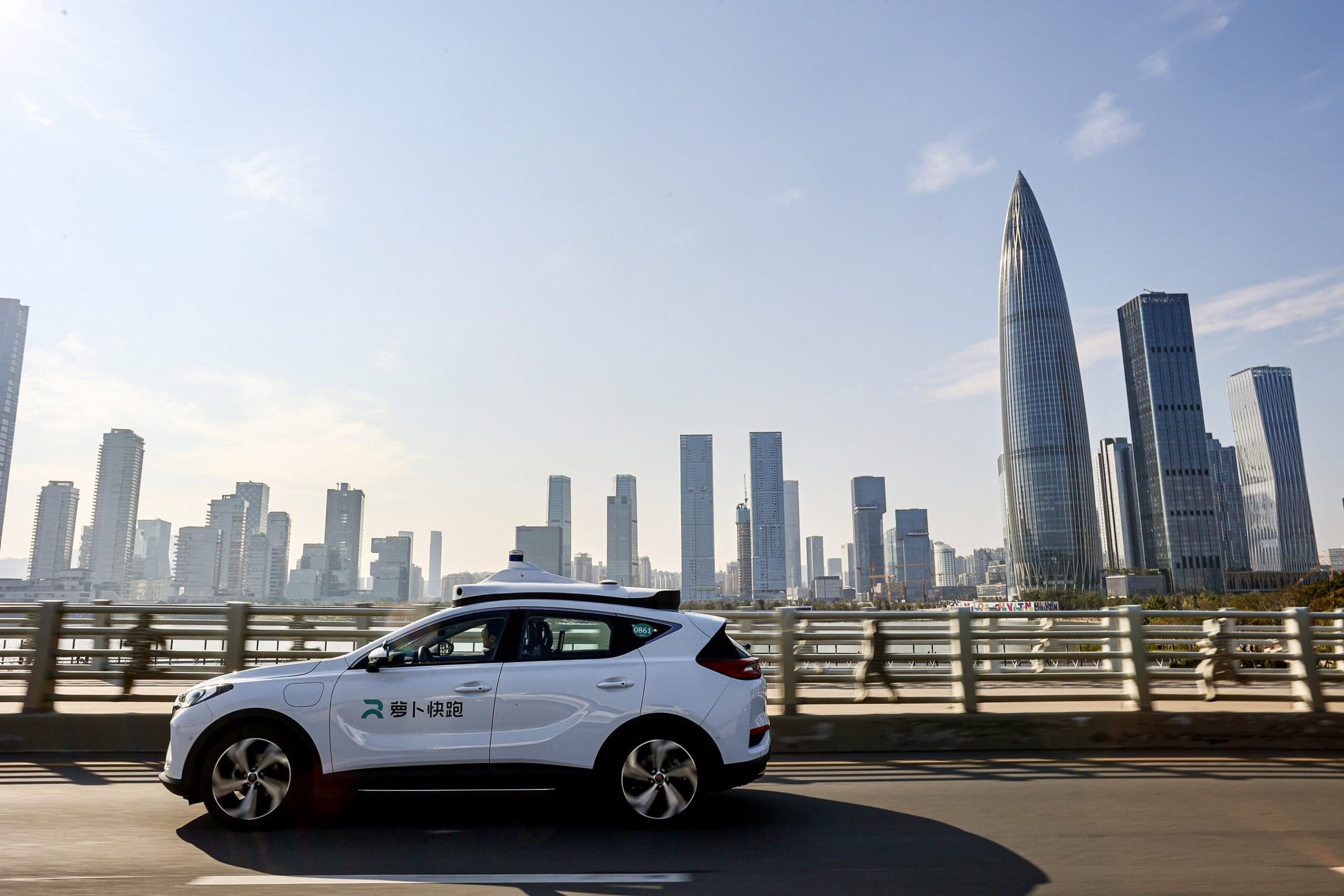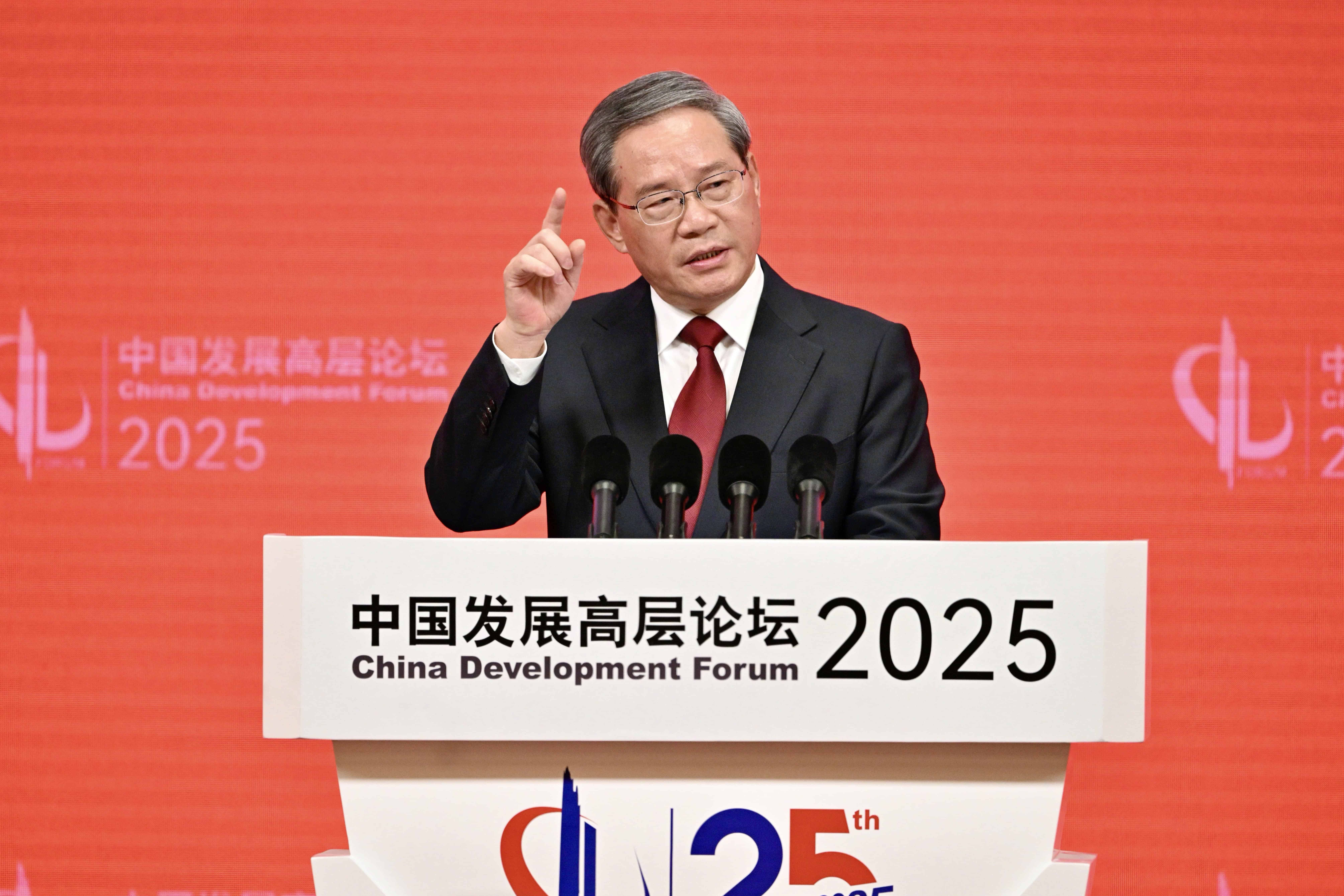Jeffrey Sachs is an American economist, who currently runs the Center for Sustainable Development at Columbia University. He is also the President of the UN Sustainable Development Solutions Network and, from 2001 to 2018, served as Special Advisor to multiple UN Secretaries-General. Sachs is the author of numerous books, including The End of Poverty (2005), Common Wealth: Economics for a Crowded Planet (2008), The Price of Civilization (2011), and, most recently, The Ages of Globalization (2020



